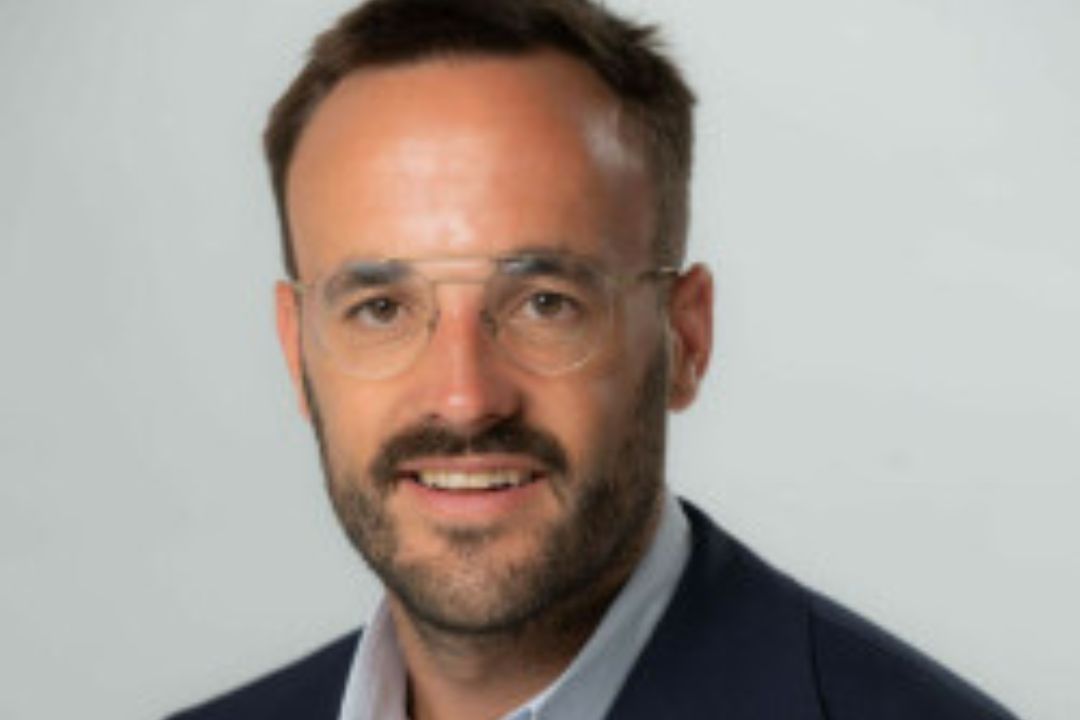8th December 2023
The 6th edition of the Morning Health Talks, organised by DEX Innovation Centre, EIT Health Hub in Czechia, brought together 45 representatives from hospitals, public institutions, healthcare companies, and startups. Foreign guests, including Ewald Unger from the Medical University of Vienna and Dr Karen Law from Health Tech Enterprise, presented the innovation support system in the UK NHS environment and provided valuable insights on how to guide new ideas to realisation.
Ewald Unger emphasised the importance of connecting research and practice in innovation. The collaboration between doctors and researchers at the Medical University of Vienna occurs under one roof, making transferring innovative ideas into practice much more flexible. The journey from the initial concept to the market-ready product is based on careful validation and collaboration across departments, including those focused on intellectual property protection. This process creates strong partnerships for the university and new opportunities for doctors and patients. Dr Karen Law provided useful tips and insights on intellectual property protection and commercialisation, drawing from her over 15 years of experience guiding the identification, evaluation, protection, development, and commercialisation of innovations developed by scientists and doctors. Her presentation inspired all those aiming to transfer healthcare innovations from laboratories to clinical practice and the market.
Collaboration of research organisations with innovative companies
During the panel discussion led by Pavel Nevický from the Deloitte agency, six representatives of significant institutions in the Czech healthcare sector presented themselves. Key experts from the University Hospital Hradec Králové, Regional Hospital Mladá Boleslav, Rehabilitation Institute Kladruby, National Institute of Mental Health, Ministry of Health, and Charles University shared examples of best practices, as well as challenges and obstacles that come with the commercialisation of innovations in public healthcare systems. Karel Valeš, Head of the Technology Transfer Office at the National Institute of Mental Health, noted, “Above all, I must say that I highly appreciate cooperation with other research organisations and innovative companies. It is fundamentally a new process, which is amazing because doing something new and useful benefits everyone. Most of our projects are interdisciplinary; we collaborate with both chemical laboratories and technological universities and basically, I cannot imagine applied research and subsequent technology transfer without this collaboration. It is one of the pillars of our activity.”
Key role in intellectual property protection and seeking financial resources
University hospitals, focusing on supporting science and research, significantly rely on their research support and clinical study support departments in the commercialisation process. The main goal of these departments is to support doctors (researchers), not only in the form of administrative assistance but particularly by supporting their ideas and initiatives financially and communicatively towards investors and the public, enabling them to dedicate themselves to their professional work fully. Lucie Bartošová, Head of the Center for Biomedical Technology Transfer at the University Hospital Hradec Králové, adds, “At our University Hospital in Hradec Králové, we fund proof-of-concept projects aimed at verifying technologies, producing prototypes, and testing them. We have gained good experience from previous projects funded by the TAČR GAMA program. We used the same model for our proof-of-concept projects, which we support from the internal financial resources of the faculty hospital.” Effective technology transfer prevails, especially in the field of rehabilitation, where prototypes are created and subsequently become final products. This process is considered the least complicated, and innovations in the market are more easily established in this context.
Support for the commercialisation of potential spin-offs and researchers
Research organisations increasingly find it effective to establish spin-off entities to commercialise their intellectual property efficiently, focusing explicitly on transferring selected scientific and research results into practice. “Over the past five years, we have created 11 spin-offs and obtained over 100 licenses, placing us among key players in innovations and technology transfer. Our business activities are different from the main activities of the faculty, although we closely cooperate with it,” says Michal Pohludka, Vice Chairman of the Board of Directors of the subsidiary company Charles University Innovations Prague at Charles University. For example, the current project aims to use voice to recognise symptoms of Alzheimer’s disease. This project brings together people from the Faculty of Arts, doctors, and mathematicians from the Faculty of Mathematics and Physics, who collaborate in creating algorithms and exploring new perspectives in diagnosis. Although the term “commercialisation” may encounter distrust or even rejection in academic circles, it is essential to explain that purposeful research and economic objectives have their justification. “The priority is to keep scientists scientifically oriented and deter them from business because we believe that the key to success is their dedication to science. Although we engage in business activities, we are still firmly connected to the university environment and ensure the preservation of ethical and social values. The university logo in our spin-offs provides basic confirmation of ethical standards and societal impact,” adds Michal Pohludka.
The innovation sphere in Czech healthcare is functioning
“The main message of today’s event is that the entire innovation sphere in healthcare in the Czech Republic is functioning. It has a good foundation, of course, and many issues in regulations and financing are being addressed. But I think the general high quality of healthcare and medical care allows at least the first stage of innovation in healthcare to work very well,” emphasised Pavel Nevický from the Deloitte agency at the end of the event.
Europe's top health start-ups take centre stage: EIT Health Catapult winners are revealed at HLTH Europe

2025 Catapult programme winners announced.
Finding Europe’s next healthtech leaders: Insights from Antoine D’Hollander

Insights from Antoine D’Hollander, Capricorn Partners.
EIT Health supports 17 promising deep tech start-ups bridge the ‘Valley of Death’

Providing start-ups with the right support.